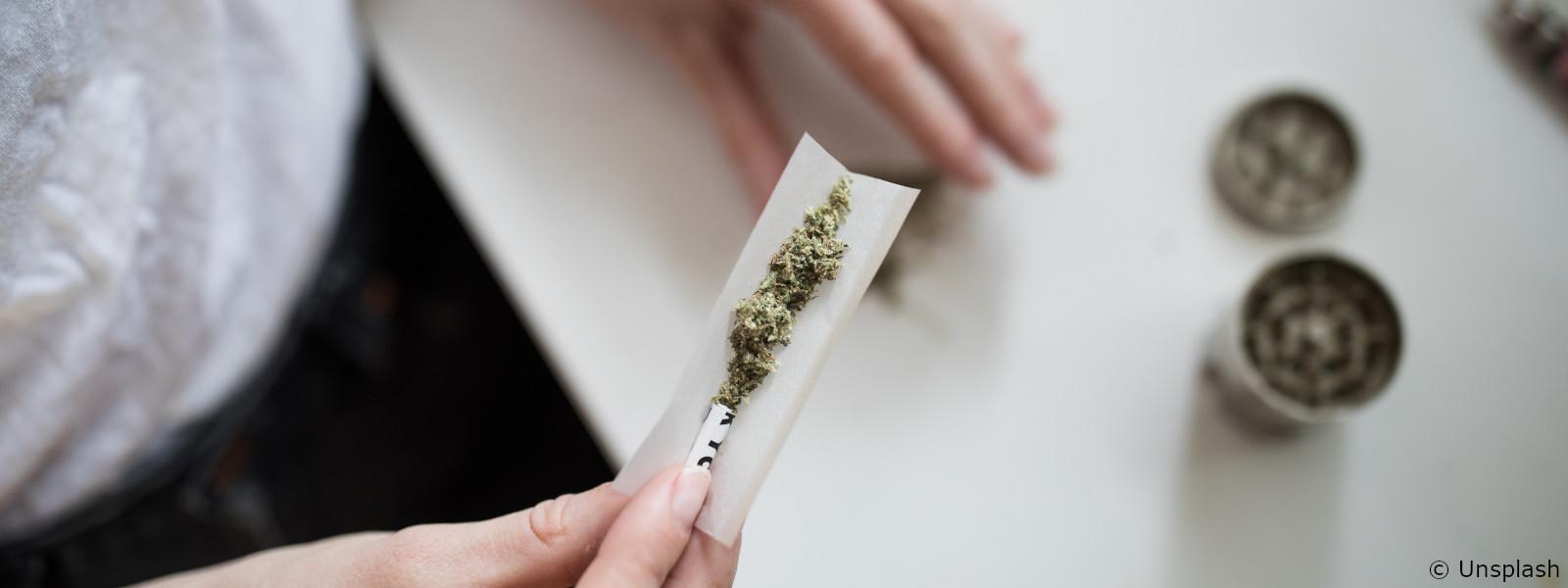Cannabis and sleep: insomnia is twice as common in students who use it every day
Retour
Researchers from the HEALTHY team published in Psychiatry Research an in-depth analysis of the association between cannabis use and sleep disturbance in a large university student sample of 14,787 individuals from the i-Share cohort.
In France, more than half of all students have sleep disorders. These alterations are all the more worrying because they can have consequences on their success in their studies, as well as on their physical and mental health. The evaluation of these health risks is a real public health issue and one of the research topics of the HEALTHY team.
In a new study published in Psychiatry Research, they specifically looked at students’ cannabis use – while the use of 18-25 year olds is known to be particularly high in France – and tried to measure its effects on sleep. They showed that cannabis consumption increased the risk of having a disturbed sleep, with a doubling of the frequency of insomnia in daily smokers. The study was conducted using data analysis of nearly 14,787 student volunteers, members of the i-Share cohort.
55% of students reportedly had sleep disturbances, and 19% of them suffered from insomnia. These sleep alterations are all the more worrying because they have harmful effects on mental and physical health and on cognitive abilities, with an impact on students’ academic success.
Some studies have already explored the causes of these disturbances, in particular in relation to the use of cannabis, the level of use of which in France is particularly high among young people: 13.9% of 18-25 year olds report monthly use of cannabis and 4% daily use[1].
In this new article, an in-depth analysis of the association between cannabis use and sleep disorders was conducted for the first time in a large sample of university students of 14,787 individuals. All are part of the i-Share cohort of general student health, led by Christophe Tzourio, the study’s last author.
The students answered an online self-questionnaire about the frequency of their cannabis use in the past year (daily, weekly, monthly or rarely/never), as well as the quality of their sleep in the past three months[2], with a specific question about insomnia. Other questions concerned their socio-demographic characteristics, lifestyle habits (e.g. alcohol consumption, smoking) and mental health in order to refine the analysis and avoid any bias or confounding factors.
The results of this study confirm the existence of an association between cannabis use and sleep disorders, particularly insomnia, among students. Cannabis users were 45% more likely to suffer from insomnia than non-users. This probability of suffering from insomnia is even twice as high in daily cannabis users compared to occasional or rare users.
julien.coelho@u-bordeaux.fr
christophe.tzourio@u-bordeaux.fr
[2] Volunteers were questioned on four variables: subjective quality of their sleep; insomnia; quality of wakefulness during the day, and the sensation of sleep deprivation.


